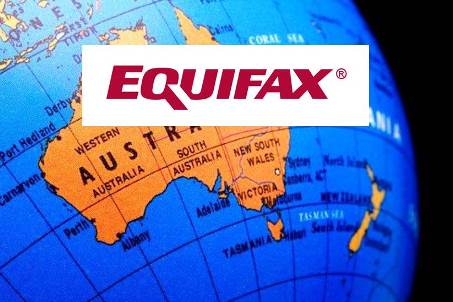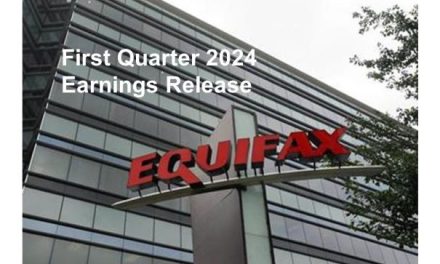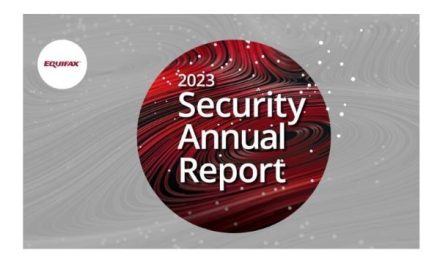The 2018 Equifax Australian Credit Scorecard2 reveals that almost twice as many consumers feel more confident and in control of their finances than they did 12 months ago, compared with those who feel less confident (20% more vs 11% less). For many, this confidence is well-placed – the average Australian Equifax credit score is 820 out of a possible 1200, which falls in the ‘very good’ range.
 However, pockets of risk remain with 12% of Australians feeling very anxious about their finances and 27% worried about their debt levels.
However, pockets of risk remain with 12% of Australians feeling very anxious about their finances and 27% worried about their debt levels.
The Equifax Australian Credit Scorecard offers market-leading insights into the credit habits and Equifax credit scores of Australian consumers. It combines an analysis of more than two million Equifax credit scores with consumer research of 1,000 Australians. An Equifax credit score is a summary of an individual’s credit information held by Equifax and indicates how credit providers may view consumers when they apply for credit. Equifax credit scores may be used by consumers to help them negotiate when applying for credit.
Click here to download the Equfiax Australian Credit Scorecard 2018
Of all the generational groups, millennials are most worried about their current level of debt (35% vs. 27% nationally) and more likely to believe they have a bad credit rating (28% vs. 19% nationally). Equifax spokesperson, Belinda Diprose, said that the younger generations’ financial concerns were reflected in their Equifax credit scores.
Impact of CCR: With Comprehensive Credit Reporting (CCR) data having reached critical mass3, consumers are starting to see the benefits of having Repayment History Information (RHI) included in their Equifax credit score4.
According to Equifax data, consumers who have experienced an adverse credit event in the past but whose payments are up to date have a significantly better average Equifax credit score under CCR than in cases where there was an adverse credit event but no RHI was included. Similarly, consumers who have an outstanding repayment up to 29 days overdue are also likely to be better off under CCR.
“The inclusion of Repayment History Information in consumers’ credit scores allows lenders to see a clearer picture of their current and potential customers. From a consumer perspective, this means that people who have experienced an adverse event but worked to recover could have access to lines of credit that would have been unavailable to them in the past,” Ms Diprose said.
While CCR will enable greater access to credit for most consumers, Ms Diprose warned consumers against making excessive credit applications whilst shopping around for the best rate. She said it’s important for consumers to do their homework before applying for credit to ensure they don’t impact their credit report and score.
“Having a large number of enquiries on your credit history can be a red flag for lenders. People who take part in this ‘shopping around’ behaviour risk ending up with a lower credit score – potentially even worse than someone with an adverse credit event,” Ms Diprose said. “The good news is – if a person does find themselves in financial trouble, CCR data, in particular RHI, can help them demonstrate their good behaviour to lenders as they get back on their feet. When consumers can show lenders that they are in control of their finances, it may open up new opportunities to help them access safe, responsible credit,” she concluded.
1 Quantitative survey conducted by YouGov Galaxy in October 2018 on behalf of Equifax. Representative survey sample (n = 1,027) across all Australian states and territories.
2 The Equifax Australian Credit Scorecard is based on analysis of the Equifax credit score available to consumers. This credit score may differ to the credit scores lenders use.
3 Critical mass means more than 40% of total credit active accounts include comprehensive credit information
4 To date, the majority of the RHI information relates to personal loan and credit card portfolios (unsecured credit). RHI information will gradually include mortgages (secured credit) over the next 12 months


























